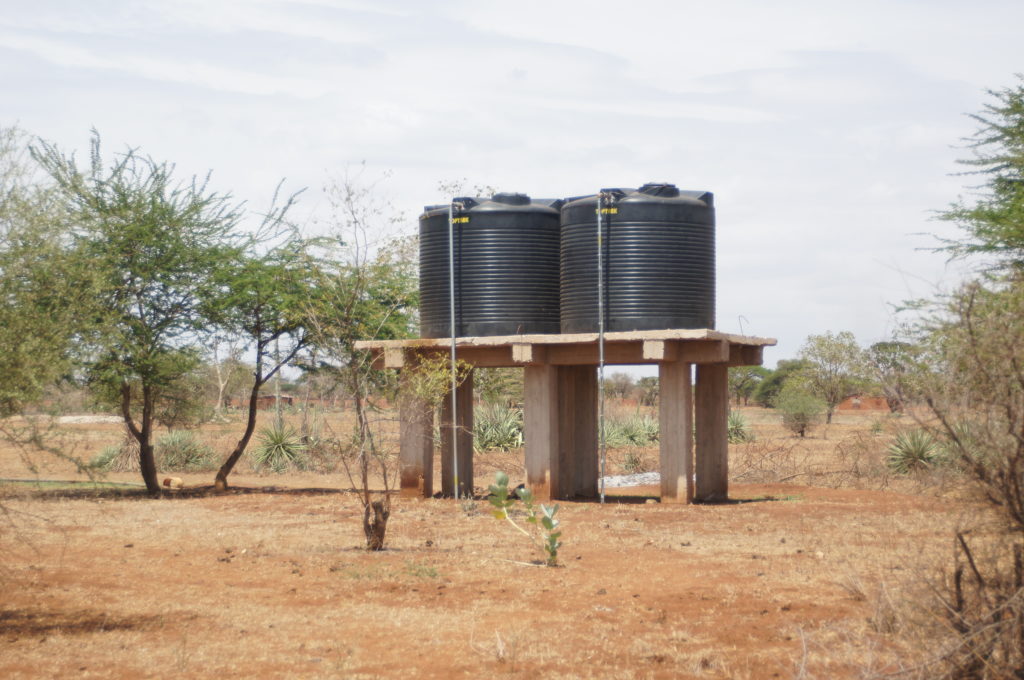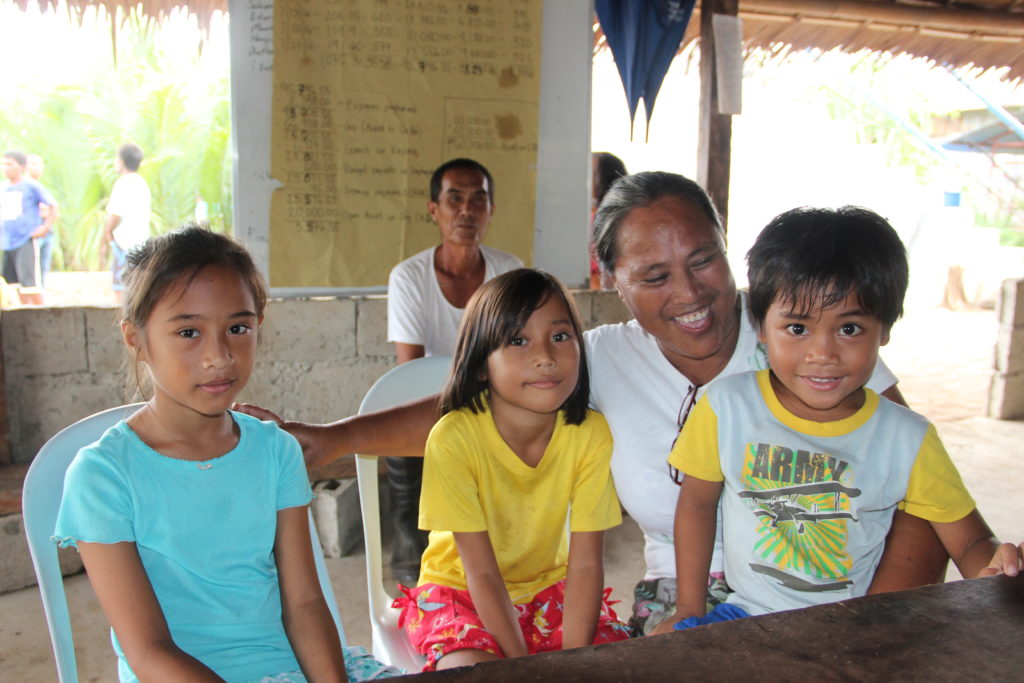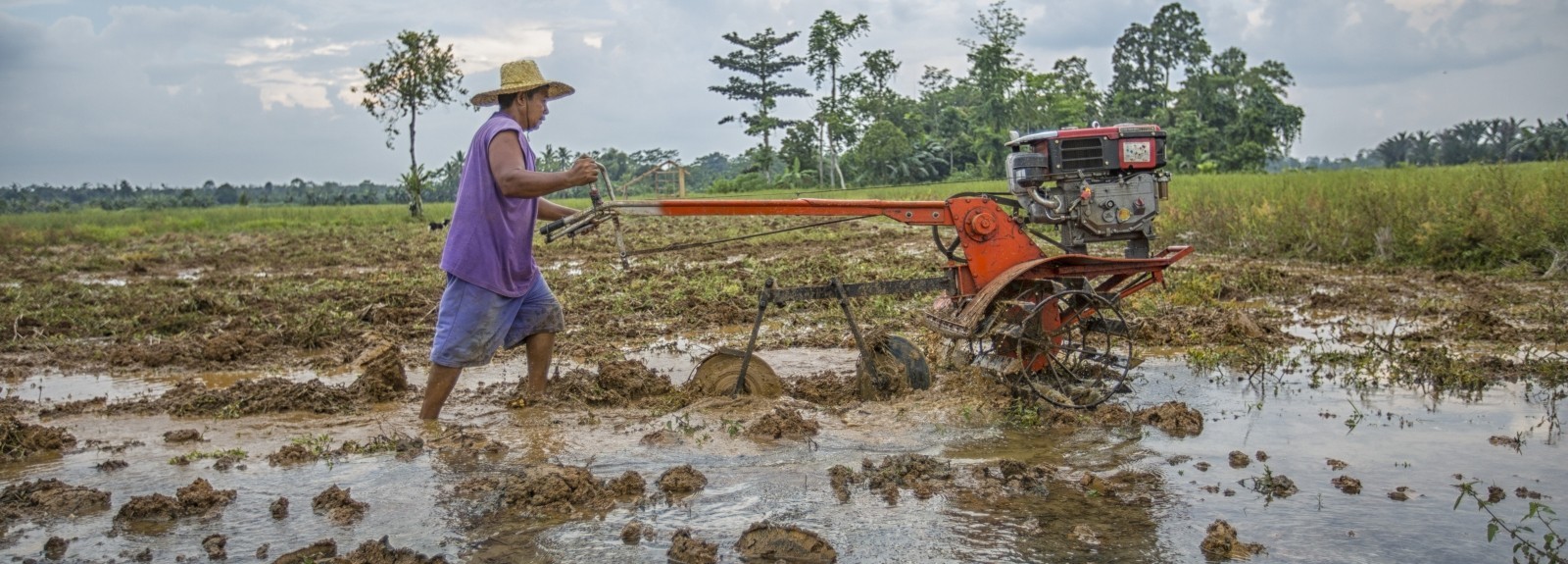Because LWR focuses on agricultural work, water is particularly important to us. World Water Day was established by the UN in 1993 as a reminder to take action on access to safe water. With the support of our donors, LWR is helping communities around the world access water and prepare for water-related emergencies, like floods.
Did you take a shower today? Brush your teeth? Brew a cup of tea or coffee? Did you eat a meal with vegetables?
Directly or indirectly, we use water each and every day. Most of us here in the U.S. have plentiful access to water. But for 663 million people around the world, this is not the case. That’s the number of people around the world who live without a nearby source of safe water. Communities around the Sahel, Horn of Africa, South and Southeast Africa are especially vulnerable because these areas experience recurring droughts and unstable rainfall.
On March 22 we celebrate World Water Day, a day to recognize the importance of water as life’s essential element, and to recognize and speak up for communities that lack access to water.
But did you know that your support of LWR helps communities around the world – not just on World Water Day, but every day? It’s true! Here are three places where your gift of water helps to improve lives, and move families from survival to stability.
Catching water in East Africa
The vast majority of the population in East Africa depends on rainfall to water their farms. A serious drought in East Africa has led to a major drop in crop production, leaving millions of poor rural families that rely on farming as their primary means of survival without adequate food or income.

With the support of our donors, we are reaching out to communities in Kenya, where neighbors are working together to improve and build better systems to capture rain water for irrigation. They earn much-needed cash for their effort, which they can use to purchase food in the short-term, and increase their ability to respond to drought in the long-term.
Building back stronger in the Philippines
No matter where you live, you need water to survive and thrive. By 2030, the global demand for water is expected to grow by 50 percent. At the same time, the quantity of wastewater is increasing. Our health depends on access to safe water and sanitation. Water and environment pollution puts people’s lives at risk, especially in the poorest communities. LWR promotes Climate Change Adaptation (CCA) in coastal fishing communities by supporting fisher-folk in managing the natural resources that provide their livelihood, and strengthening the collective bargaining power of cooperatives.
The Philippines is one of the world’s most vulnerable countries for natural disasters due to climate change and its geographic location in the Pacific Ring of Fire and Typhoon Belt. Eight out of 10 of the world’s cities most vulnerable to natural disasters are in the Philippines. To help communities better prepare for natural disasters, LWR works within the local barangay municipal structure in Mindanao to establish several Barangay Disaster Risk Reduction and Management Committees. These committees identify the potential risks and then, develop and carry out community-based disaster plans to minimize community vulnerability to disasters.

Growing vegetables out the sands of the Sahara
According to the United Nations, 82 percent of all refugees are in Africa, Asia, and the Middle East. The Mberra refugee camp holds 52,000 refugees who fled conflict in Mali since 2012. The environment is hot and dry with frequent sandstorms and sudden heavy rains that can destroy many months work within minutes. LWR and Lutheran World Federation partnered to train 5,000 people from the camp and the host community on agricultural practices. Where there was sand before, plots measuring altogether 31 hectares have sprung up in the camp and surrounding villages. Teaching gardening techniques has minimized conflicts with the host community, and the addition of vegetables has improved the nutritional value of the refugees’ traditional diet. Previously, families spent about $3 for a meal; now it’s only $1. Once the waters begin to flow, crops can grow for years to come.

These are just a few projects that you have helped with the gift of water!
So how can we think about water in our lives? When we do our part in reducing use and reusing water appropriately, we will make the water cycle work better for all of God’s creation. The next time you go to drink a glass of water, know that when you support LWR you help communities around the world share in the gift of water and make good use of God’s gifts. Thank you!


